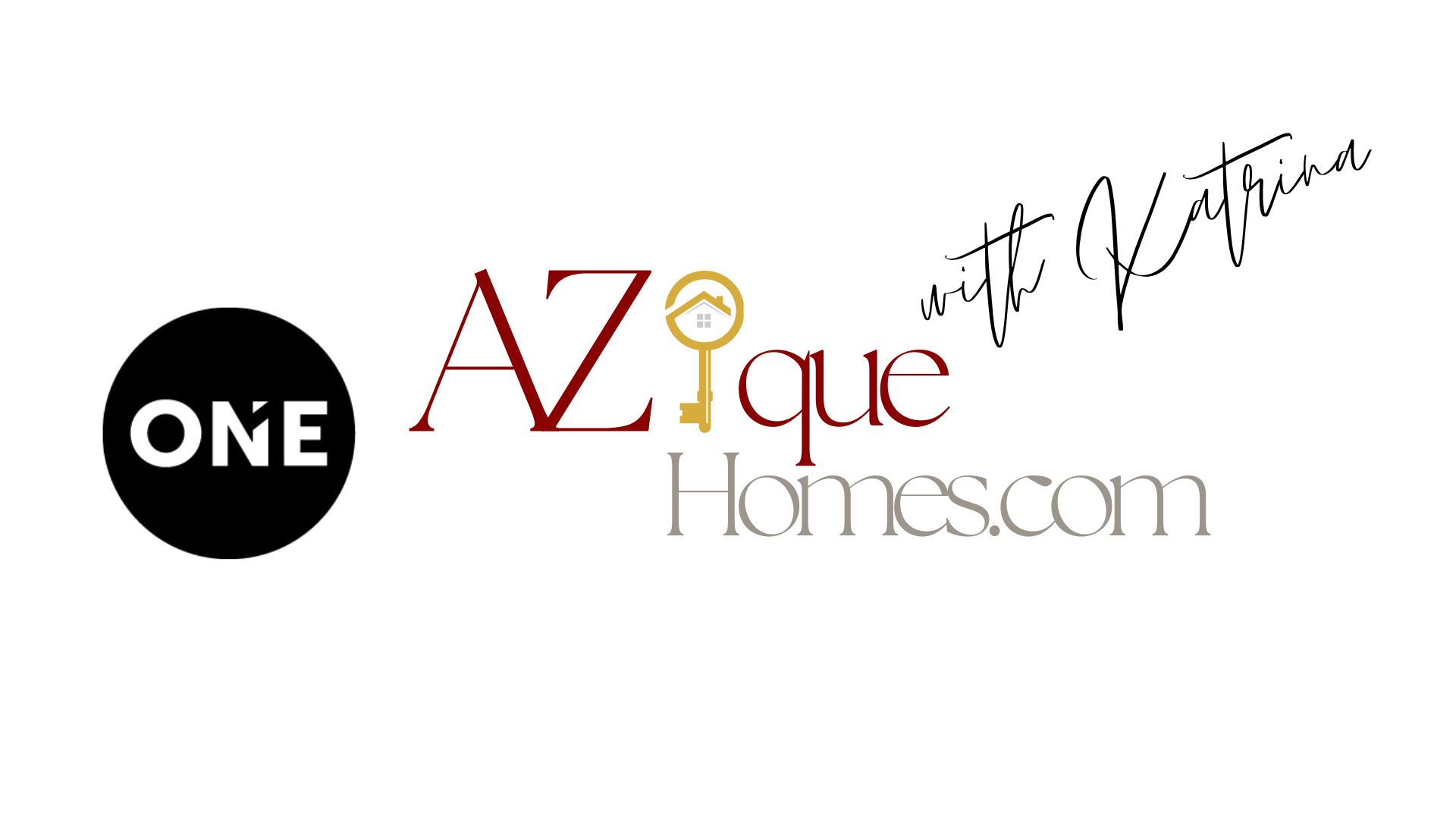Why Every Homeowner Should Understand Trusts

For educational purposes only. This is not legal or financial advice.
Why Every Homeowner Should Understand Trusts
As a homeowner, you’ve worked hard to build equity, create stability, and invest in your future. But have you considered how your assets—especially your home—will be handled in the event of incapacity or after your lifetime?
Many families unknowingly place themselves at legal and financial risk—not through poor decisions, but through no formal planning at all.
That’s where Trusts come in.
What Is A Trust?
A Trust is a legal arrangement in which a designated party (called a trustee) holds and manages assets on behalf of a beneficiary. While a will dictates your wishes after death, a Trust can help manage your assets during life, in the event of disability, and after death—all while avoiding probate court.
There are various types of Trusts to explore, each with its own function:
Revocable Living Trusts
Irrevocable Trusts
Testamentary Trusts
Special Needs Trusts
Asset Protection Trusts
The right option depends on your goals, your family dynamics, and the nature of your estate.
The Top 3 Benefits Of A Trust For Homeowners
1. Avoid Probate
Probate is a court-supervised process for distributing assets after death. It can be expensive, public, and time-consuming. A properly structured Trust helps your loved ones bypass probate entirely, offering privacy, speed, and peace of mind.
2. Protect Beneficiaries
If you have minor children, aging parents, or loved ones with special needs, a Trust can ensure your assets are distributed with care, in phases or at specific milestones, helping preserve their well-being and financial security.
3. Reduce Family Conflict
Ambiguity can lead to disputes. A clear Trust removes uncertainty and limits legal challenges, offering structure and intention for your legacy. It’s one of the most respectful things you can do for the people you love.
Advisor Tips For Homeowners Considering A Trust
Not all assets automatically transfer into a Trust. You must re-title real estate, update beneficiaries, and align all documents properly.
A revocable living Trust offers flexibility—you can update it as your life circumstances evolve, unlike an irrevocable Trust, which is generally fixed.
Assemble your team. A collaborative approach between your estate attorney, financial advisor, and real estate professional ensures that your home, health directives, and financial accounts all work together seamlessly.
Why This Matters More Than Ever
In Scottsdale and across Arizona, homes often represent not just wealth—but legacy. As real estate professionals, we see the profound emotional and financial toll that unplanned estates can create. A Trust isn’t just for the ultra-wealthy—it’s for anyone who wants clarity, privacy, and intention.
This Is Not Legal Advice — It’s A Starting Point
Please note: this blog post is not legal or financial advice. It’s a conversation starter. Your next step is to speak with a qualified estate attorney who can evaluate your individual needs and guide you toward the right type of Trust for your life and goals.
Let’s Open The Conversation
Have you thought about how your home and assets would be handled if life took an unexpected turn?
Would your loved ones know what to do?
Feel free to comment below and share your thoughts. Let’s create a space for education, empowerment, and smart planning.
Share with someone whom this could help.
Follow me on social media for more high-standard homeownership education.
#ScottsdaleRealEstate #LegacyPlanning #TrustVsWill #EstatePlanningTips #HomeownershipEducation #WealthWithPurpose





